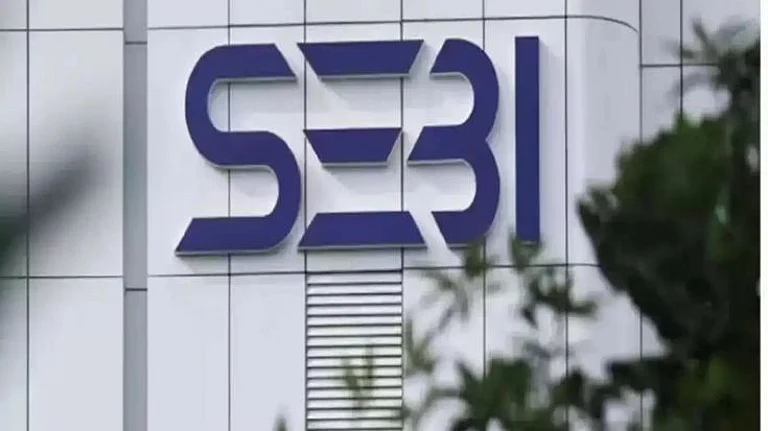Capital markets regulator Sebi on Wednesday came out with a proposal to relax timelines for disclosure of material changes by Foreign Portfolio Investors (FPIs).
The regulator also suggested a framework for providing flexibility to FPIs in dealing with their securities after expiry of their registration.
In its consultation paper, Sebi proposed categorising material changes notified by FPIs into two groups to set timelines for reporting such changes.
Type I includes changes that require FPIs to seek fresh registration, or which affect any privileges or exemption available to such foreign investors and Type II includes all other material changes.
The regulator has proposed that FPIs should report Type I changes within seven working days and provide supporting documents within 30 days and Type II changes require notification and supporting documents within 30 days.
At present, FPIs get time up to seven working days to submit information to it with regard to any material change in its structure or ownership or control or investor group.
Some of the Type 1 material changes include change of jurisdiction; name change on account of acquisition, merger, demerger, and ownership.
Sebi said a comprehensive list of Type I material changes should be prepared in consultation with the industry participants.
The suggestions came after market participants faced challenges in meeting the prescribed timelines for disclosures, particularly regarding changes in beneficial owners.
Market participants highlighted that the seven working days notification requirement increases the compliance challenges as gathering the required information from entities spread across various jurisdictions, may take several weeks.
This becomes even more challenging, in case documents with wet ink signatures of authorised signatories are required to be sent from across jurisdictions.
In a separate consultation paper, the markets regulator has proposed measures to facilitate the disposal of securities after the expiry of FPI registration.
Additionally, the regulator has suggested framework for dealing with securities blocked in the accounts of FPIs, after expiry of prescribed timelines for liquidation and framework for dealing with securities written-off by the FPIs.
The FPI regulations of 2019 do not include provisions for regularising FPI registration or disposing of securities after the registration expires.
Further, there are no regulatory guidelines for handling securities that remain in FPI demat accounts after the registration expires or after the prescribed timelines for liquidation, nor for dealing with securities written off by FPIs.
As the securities, blocked in the accounts of FPIs or written-off by them, continue to remain frozen for perpetuity, the share capital of such companies is also being blocked for trading.
The demat accounts of FPIs also remain open (in frozen state) even after the FPIs have surrendered their registration, which is not desirable as it renders such accounts vulnerable to misuse, Sebi noted.
Sebi has sought comments from the public till February 28 on these proposals.


























.jpg?w=200&auto=format%2Ccompress&fit=max)




